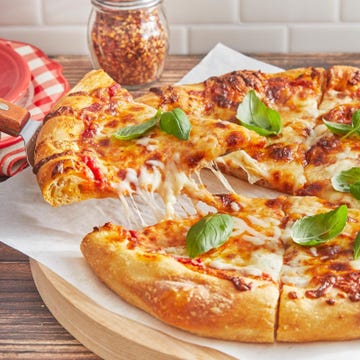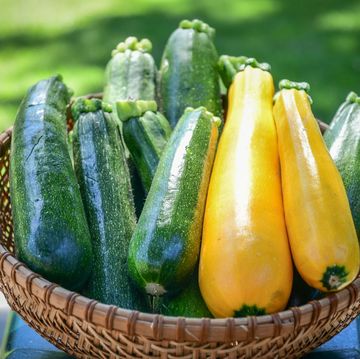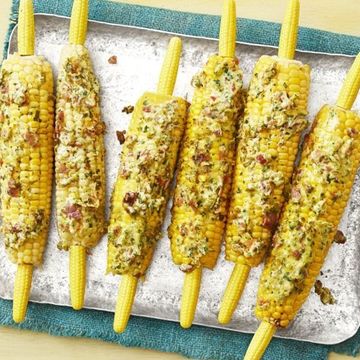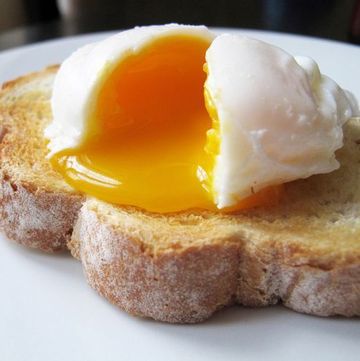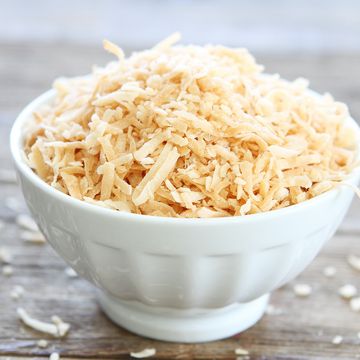Name the most important cooking tools in the kitchen. You probably said knives immediately, didn't you? Well, you're in good company! As Ree Drummond says, "A good knife is essential in the kitchen." And if anyone knows that all too well, it's The Pioneer Woman with her many comfort foods.
You probably can't go a day of kitchen prep without at least a good chef's knife or a full knife set, which is why investing in them is so important. But of course, you have to know how to care for kitchen knives, too. Not only does proper care make knives last longer, but it makes it much safer for you to use them.
There are several aspects of basic knife care that you should consider no matter what level of cook you are, including how to clean, store, and sharpen knives. Here, you'll find all the basics you need to take care for your knives so they last as long as they should and as sharp as they can be. So let's cut right to it!
How to Clean Kitchen Knives
The best way to clean kitchen knives is by hand. As much as you want to throw them in the dishwasher for convenience, the machine will dull the blades and wear the handles down over time. (Yes, even on the top rack!) Simply use warm water, dish soap, and a sponge to clean them and then dry them thoroughly.
For hygienic reasons, be sure to wash your knives (and cutting boards!) immediately after you cut raw meat. You don't want possibly cross-contaminate other foods with bacteria as you prep. It's also good practice to clean your knives immediately after cutting acidic foods like citrus. Acid reacts with the steel of the blade and can be corrosive.
If you like to make a big sink full of soapy water to wash your dishes, do yourself a favor and keep the knives out of it and wash one at a time. That way, you don't reach in blindly and hurt yourself. Also if you're afraid of nicking your hands when you clean knives, look into getting a cutlery cleaner to give some distance between your skin and the blade.
How to Store Kitchen Knives Safely
For the safety of yourself, other utensils, and the knives themselves, please do not store kitchen knives in a drawer without any protection around the blades. Not only is it so easy to cut yourself on an exposed blade, but those blades can damage other utensils and dull themselves.
If you want to store your knives in a drawer and only have a few, invest in kitchen knife sheaths to keep the blades protected. And if you have many, there are drawer inserts specifically designed to keep knives organized. One popular kitchen storage tip is to use a magnetic knife holder mounted to a wall so they're easy to grab as you prep. Just make sure you angle the blades away from you and keep them out of reach if you've got little ones.
But probably the most popular solution that solves both safe storage and ease of use is the wooden knife block. There's a reason you see most knife sets (including bestsellers from The Pioneer Woman) in a wooden knife block sold with them! That's because it provides a safe space with a designated slot for everything. But of course, you can purchase them separately in various sizes.
How to Keep Kitchen Knives Sharp
Did you know that a dull knife is actually more dangerous than a sharp knife? It's true! You need to use more force when the blade is dull, which leads to more slippage and hand injuries. So besides being much easier to use when blades are sharp, it's safer, too.
There are a few things you should do when using your knives to keep them sharp. First, use a cutting board (wood or plastic are the most knife friendly). They'll not only keep your counters safe, but also absorb the impact of blade as it cuts. Second, consider learning how to hone properly. A honing rod realigns the blade with a few simple strokes (though it does take practice). If you ask the pros, it should be done every time you use a knife.
And finally, at least once or twice a year depending on how much you use them, you should get your knives sharpened. You can learn how to use a whetstone if you're really invested in your knife collection or make it easy on yourself and get a knife sharpener. Or you can let the professionals do it! Most local restaurant supply stores, some specialty kitchen stores, and even some hardware stores offer the service.






